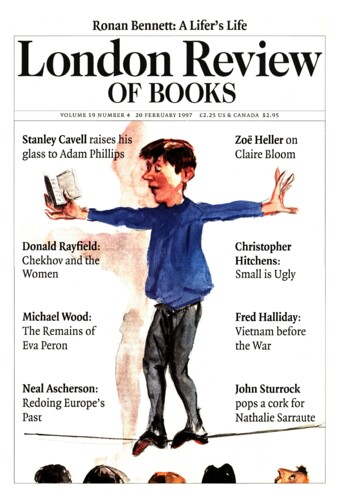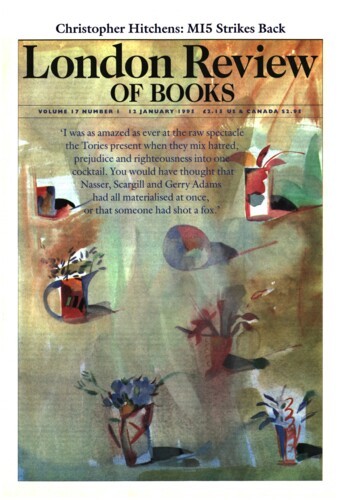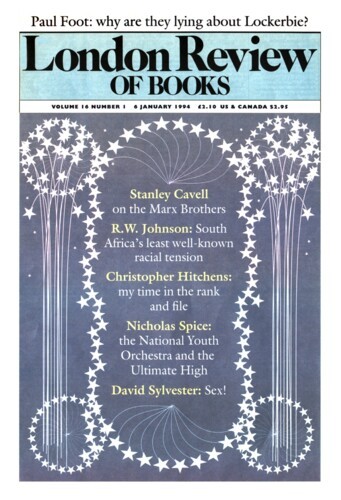Movies magnify, so when pictures began talking they magnified words. Somehow, as in the case of opera’s magnification of words, this made their words mostly ignorable, like the ground, as if the industrialised human species had been looking for a good excuse to get away from its words, or looking for an explanation of the fact that we do get away, even must. The attractive publication, briefly and informatively introduced, of the scripts of several Marx Brothers films – Monkey Business (1931), Duck Soup (1933) and A Day at the Races (1937) – is a sublime invitation to stop and think about our swings of convulsiveness and weariness in the face of these films; to sense that it is essential to the Brothers’ sublimity that they are thinking about words, to the end of words, in every word – or, in Harpo’s emphatic case, in every absence of words.’
The Marx Brothers: ‘A Day at the Races’, ‘Monkey Business’ and ‘Duck Soup’ introduced by Karl French. Movies magnify, so when pictures began talking they magnified words. Somehow, as in the case of opera’s magnification of words, this made their words mostly ignorable, like the ground, as...



